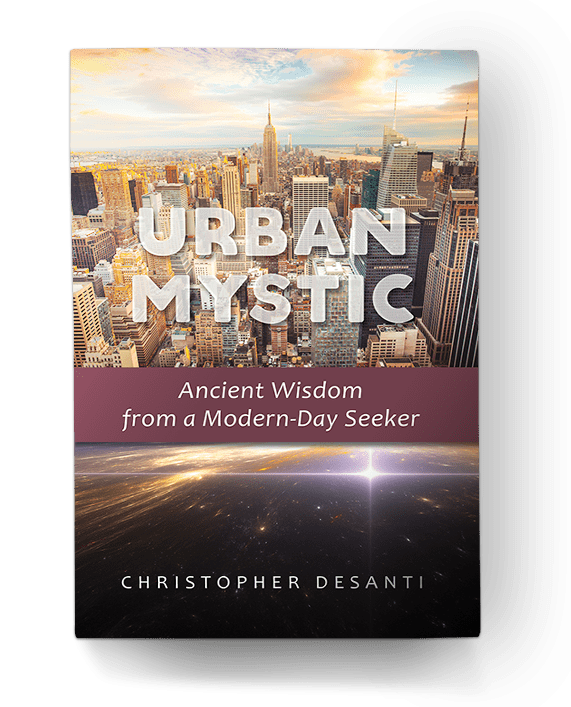Then, after much searching, there comes a time when we reverse that, and rather than honing in on something, we start expanding outward to include all of it as God, or at least all of it as a possibility of showing us God. If God is a weird word for us, then we can substitute it with Source, Higher Power, Universal Love, etc. The point is to connect with that which is the substratum of life itself.
In this analogy, it would be similar to taking our focus off finding the perfect fish, and then placing our focus on the entire ocean itself. The ocean can be seen, not just by searching for fish, but also by every encounter along the way to finding them.
In the beginning, the path toward Truth is very much about exclusion, about differentiating between and separating out what seems to fit in with our idea of truth and what doesn’t. When it shifts, everything is seen as an opportunity for inclusion, an opportunity to be shown one’s Self. This means embracing all aspects of myself on the journey, not just what I want to embrace. My emotions of love and also my emotions of fear. All of it is perfect. Most people simplify this into the idea that because it is all perfect or it is all One, that “anything goes” and therefore they can now let go of personal ethics and boundaries. As an extreme example, I cheat on my wife because of some inner struggle or inner compulsion, and then try to explain that it’s all perfect. It is on an absolute level, but clearly it is an error on a personal level. Some people, in embracing their darkness as an aspect of themselves—which it is—indulge in it, play with it, and get thrills from it.
I live by the practice of forgiveness, and I believe, in the end, it is really the only path. To forgive all of the “figures in the dream” of my life and to see them as all harmless doesn’t mean I put others or myself in harmful situations to prove the ultimate neutrality of things. There is a paradox here of developing our discerning awareness. Everything is ultimately for our own awakening, and we begin to discern what gets us closer to awakening and what takes us away from it, even though everything can be a means of forgiveness and awakening.
When awakening is our goal, life becomes, very simply, about extending love and forgiveness and, in many ways, cleaning up our own life and compulsions, and facing the “not-so-pretty stuff” in our relationships. All of this can be used to facilitate forgiveness. So, on one end, everything in our lives can take us toward awakening, and on the other end, we use discernment in choosing what we give our attention to and where we place our energy. We hone in and expand outward at the same time.


